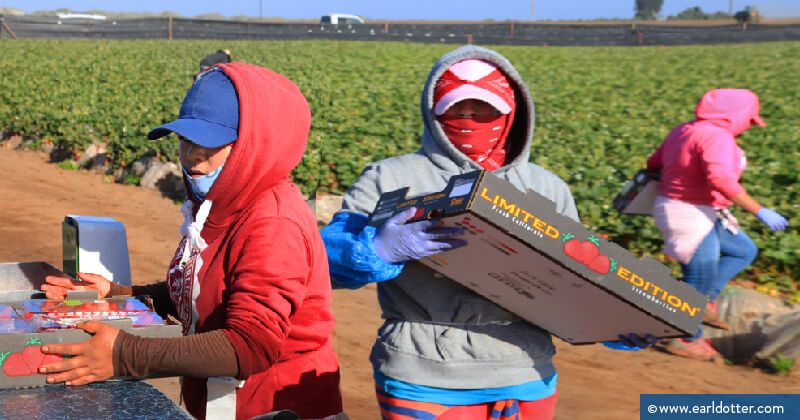
What is being learned about COVID-19 changes daily. Yet clinicians are on the front lines caring for farmworkers and their families, translating science into policy and practice as they treat. Meanwhile, the impact of COVID-19 on farmworkers is drastic. In a growing number of cases, nearly every worker on multiple farms are testing positive. Our best strategy at this moment in time is to keep each other up to date and to learn from other clinicians. Join us for a panel discussion followed by a Q and A of migrant clinicians.
Watch the Webinar Recording
Take the Evaluation
Presenters
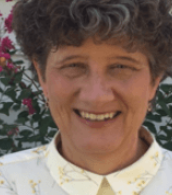
Lori Talbot, MD, has been committed to providing medical care to the underserved and migrant farmworker communities for decades. Having served as medical director of a migrant health center for many years, she continues to have a weekly clinic for the local farmworkers every summer in New Jersey. She is currently helping to test workers and advise health centers and farms.
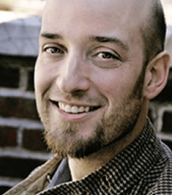
Seth Holmes, MD, PhD, is cultural and medical anthropologist and physician whose work focuses broadly on social hierarchies, health inequalities, and way in which such asymmetries are naturalized, normalized and resisted. He is the author of Fresh Fruit Broken Bodies: Migrant Farmworkers in the United States. During this COVID-19 pandemic, he has been helping to test farmworkers in Immokalee, Florida.
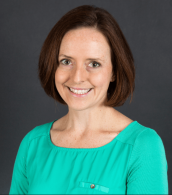
Melanie Finkenbinder, MD, is a family physician who has devoted her career to the underserved. She is currently the medical director for the agricultural worker program at Keystone Health, a community health center in Pennsylvania.
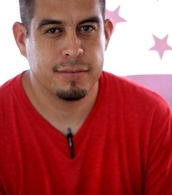
Gerardo Reyes Chavez is a key leader of the Coalition of Immokalee Workers (CIW). Gerardo is a farmworker himself and has worked in the fields since age 11, first as a peasant farmer in Zacatecas, Mexico and then in the fields of Florida picking oranges, tomatoes, blueberries, and watermelon. He has worked closely with consumer allies to organize national actions— renowned for their creativity and effectiveness — designed to bring pressure on the large retail purchasers of Florida produce to join the Fair Food Program. He speaks publicly about the Fair Food Program at events across the country, such as the Harvard Law School Labor and Worklife Program Convening on Farm Labor Challenges and the Interfaith Council on Corporate Responsibility’s Multi-Stakeholder Roundtable on Ethical Recruitment. As part of the implementation of the Fair Food Program, Gerardo and his colleagues conduct workers’ rights education in the fields on all farms participating in the program. He also receives complaints of abuses in the fields, manages wage theft claims, and assists in the investigation of cases of modern-day slavery when they arise. Selected to participate in the Economic Opportunities Program’s I Am Not a Tractor: A Book Talk and Discussion on Worker-Driven Social Responsibility.